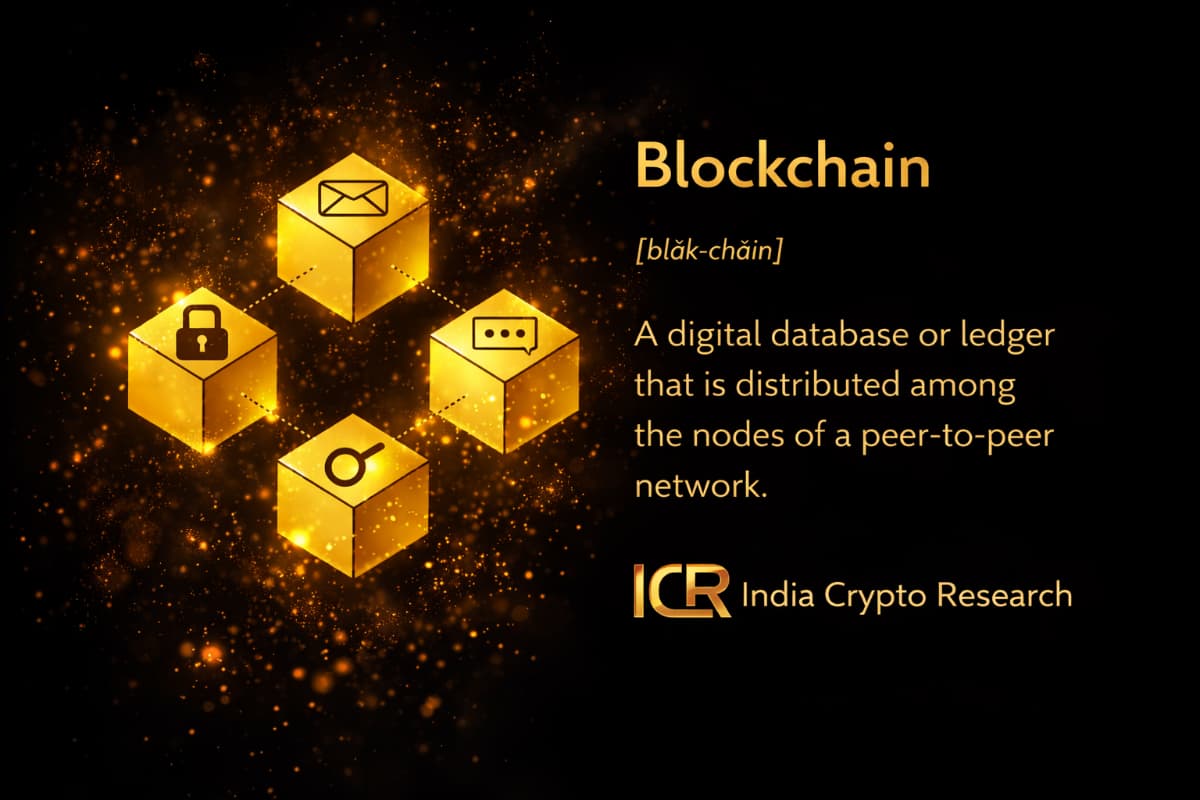The Shortcomings of Traditional Wealth Management
What Is DeWealth?
Real-World Use Cases of DeWealth
Overcoming Challenges
The Hybrid Future of Wealth Management
Conclusion
FAQs

Blockchain technology is driving a quiet transformation in the wealth management industry by completely reshaping investor strategies to protect and increase their wealth. In the case of India with rapidly developing digital finance, but where a significant portion of the population is still not adequately served by traditional financial institutions, this change is of great significance. At the heart of this change is DeWealth (Decentralised wealth), a blockchain-powered movement that aims to disrupt traditional systems and give common people access to financial tools that were previously available only to the few.
Traditionally, the management of wealth has depended on centralised institutions such as banks, brokerage firms, and asset managers who have been serving as barriers. Although these entities have helped with various things, they have also brought some inefficiencies:
DeWealth is a shift from centralised financial systems towards decentralised control, with the help of blockchain technology. It promotes:
1. Fractional Real Estate Ownership
RealT allows tokenisation of shares of real estate in digital format, facilitating transactional activity in blockchain environments. For example, at a price of ₹100 crore, a property can be tokenized in thousands of digital shares, which enables middle-income investors to become a part of high-quality real estate ownership. Telangana and Maharashtra in India are experiencing blockchain pilot projects for real estate tokenisation and e-registrations for properties.
2. Automated Portfolio Rebalancing
Set Protocol, with the help of smart contracts enables automated rule-based changes to the portfolios of its users. These automated technologies run all the time unlike the case in conventional ways, and this reduces errors hence, supporting investor’s financial goals.
3. Decentralised Identity Verification
KYC (Know Your Customer) is an obligatory process in India and globally. Building upon the example of Civic and SelfKey, which are platforms that offer the process of identity verification, users can use that verified identity across multiple platforms, thus reducing duplication and onboarding times.
4. Inheritance Planning
Smart contracts are revolutionising estate planning through digital wills, agreements that automatically execute instructions upon agreement terms. They speed up the process of distributing assets by removing intermediaries and execute the owner’s instructions automatically.
An example of this is a smart contract that will transfer certain assets to particular beneficiaries once they are of a certain age or a certain event has happened.
5. Borderless Investing
With the help of the borderless nature of blockchain, it is now possible for investors to get into other international markets that they could not access previously. Digital platforms, such as Smartlands, tokenise assets such as real estate, private equity, thus giving access to opportunities to investors globally.
Despite its promise, DeWealth faces few hurdles:
Rather than full replacement, the future likely lies in integration:
This hybrid model offers the best of both worlds, the innovation and speed of DeFi, with the trust and compliance of traditional finance.
DeWealth movement is not simply a change in technology, it’s fundamentally a change in social and economic structure. Blockchain is increasingly making wealth-building opportunities accessible to all, with the introduction of reduced entry points, increased transparency and automated processes.
With the help of expanding regulations and greater accessibility to technology, the passage from concept to implementation of decentralised wealth management is occurring worldwide.
DeWealth (decentralised wealth) leverages blockchain to shift control from centralised institutions to a transparent, secure, and automated network, giving anyone with internet access the ability to manage and grow their assets.
India Crypto Research operates independently. The information presented herein is intended solely for educational and informational purposes and should not be construed as financial advice. Before making any financial decisions, it's essential to undertake your own thorough research and analysis. If you're uncertain about any financial matters, we strongly recommend seeking guidance from an impartial financial advisor.